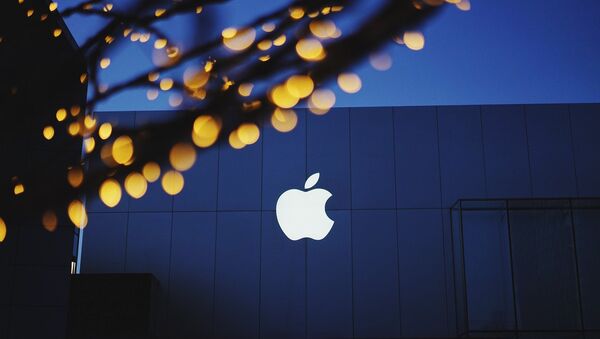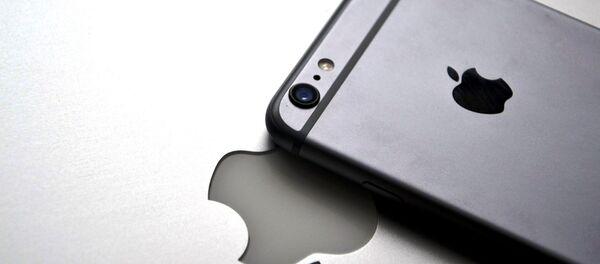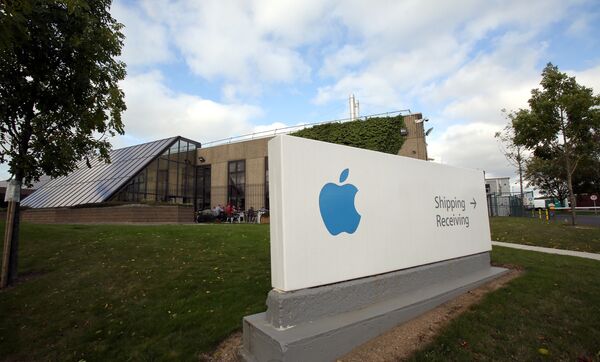On the day that Ireland issued a preliminary outline of its legal challenge to the ruling, Apple issued a statement saying: "It's been clear since the start of this case there was a pre-determined outcome.
"The Commission took unilateral action and retroactively changed the rules, disregarding decades of Irish tax law, US tax law, as well as global consensus on tax policy, that everyone has relied on."
Apple appeals EU tax ruling, claims Commission 'retroactively changed the rules' https://t.co/TRn4Ah6ltO
— Apple News (@applenws) December 19, 2016
"If their opinion is allowed to stand, Apple would pay 40% of all the corporate income tax collected in Ireland, which is unprecedented and, far from leveling the playing field, selectively targets Apple. This has no basis in fact or law and we're confident the ruling will be overturned."
The Irish Government, in its appeal, issued Monday (December 19), said the Commission had "misunderstood the relevant facts and Irish law" and "misapplied state aid law."
'Head Office'?
The European Commission concluded that two tax rulings issued by Ireland to Apple "substantially and artificially lowered the tax paid by Apple in Ireland since 1991." The rulings allowed two Apple subsidiaries — Apple Sales International (ASI) and Apple Operations Europe (AOE) — to attribute almost all sales profits to a 'head office'.
The Commission said "that these 'head offices' existed only on paper and could not have generated such profits. These profits allocated to the 'head offices' were not subject to tax in any country under specific provisions of the Irish tax law, which are no longer in force."
The Irish Government claims that the Commission decision "mischaracterizes the activities and responsibilities of the Irish branches of ASI and AOE. These branches carried out routine functions, but all important decisions within ASI and AOE were made in the USA, and the profits deriving from these decisions were not properly attributable to the Irish branches of ASI and AOE.
"The Commission's attribution of Apple's intellectual property licences to the Irish branches of AOE and ASI is not consistent with Irish law and, moreover, is inconsistent with the principles it claims to apply, as is its stated refusal to take into account the activities of Apple Inc," the Irish Government's legal papers stated.





